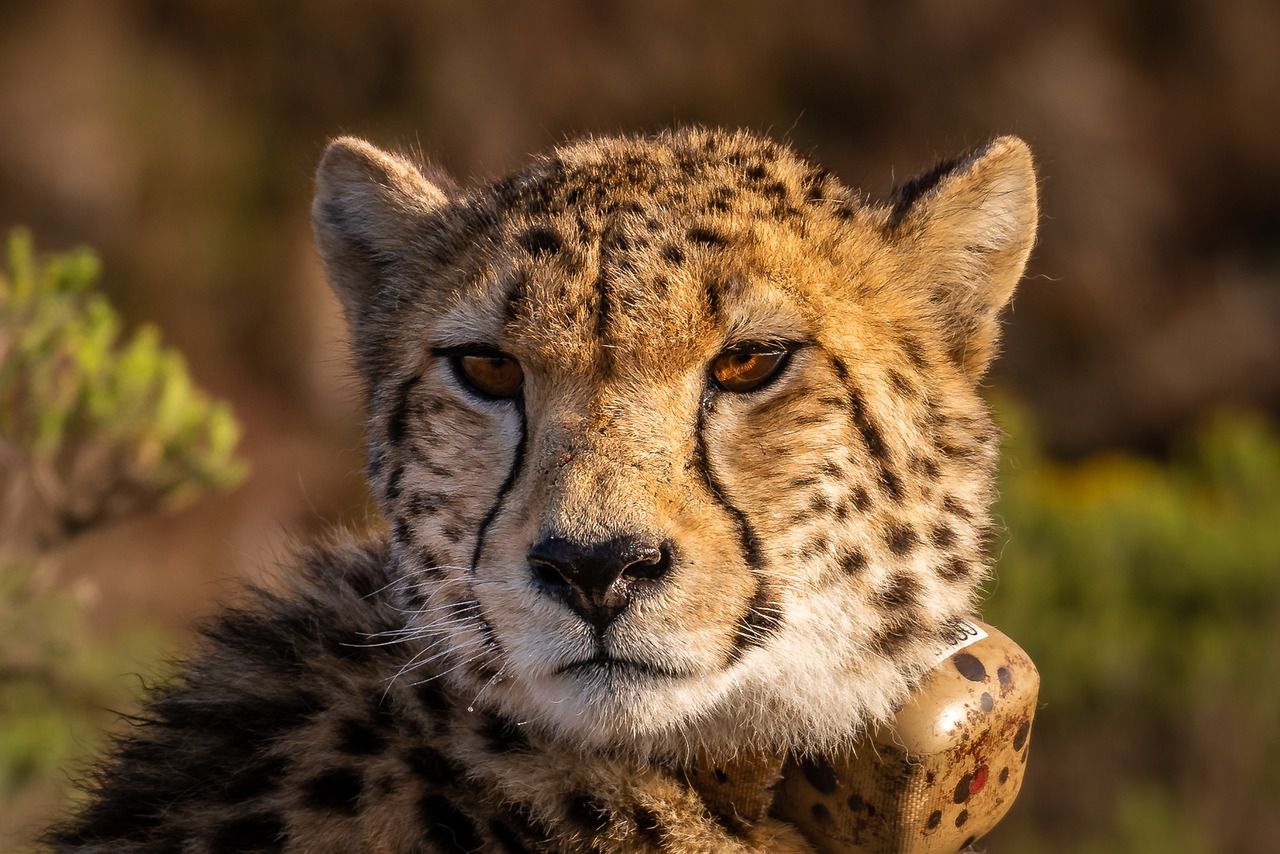Cheetahs are often considered shy animals due to their naturally timid and elusive behavior, especially in the presence of humans or other potential threats.
While they seem (and can be) pretty dangerous, they can be pretty gentle with other animals who they feel safe to be around.
Several factors contribute to their shy nature.

Evolutionary adaptation
Cheetahs have evolved as predators in the wild, and their survival heavily relies on their ability to hunt and avoid danger.
As solitary hunters, they need to be cautious not to attract unnecessary attention that could put them at risk.
Vulnerability
Despite being the fastest land animals, cheetahs are physically delicate compared to other large carnivores.
They are not as strong as lions or leopards, and their body structure is optimized for speed rather than brute force.
This vulnerability makes them more cautious and less likely to engage in aggressive confrontations.
Natural Prey Preference
Cheetahs primarily hunt smaller ungulates like gazelles and impalas.
These animals are agile and alert, which means the cheetah needs to rely on stealth and surprise to get close enough for a successful hunt.
Their hunting style involves stalking and getting as close as possible before initiating a sprint, which requires a reserved and cautious approach.
Solitary Lifestyle
Unlike other big cats that form prides or social groups, cheetahs are generally solitary creatures.
They are not as accustomed to interacting with other animals, including humans, which can contribute to their shy behavior when encountering unfamiliar beings.












